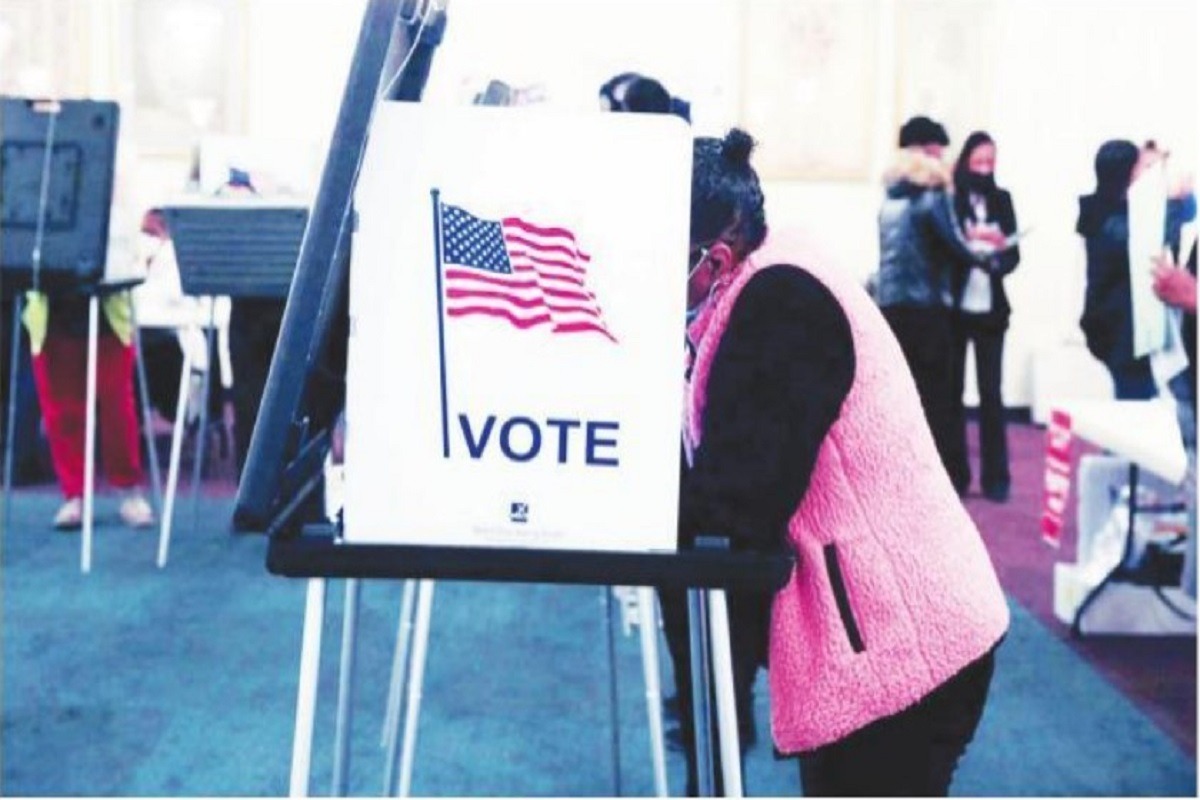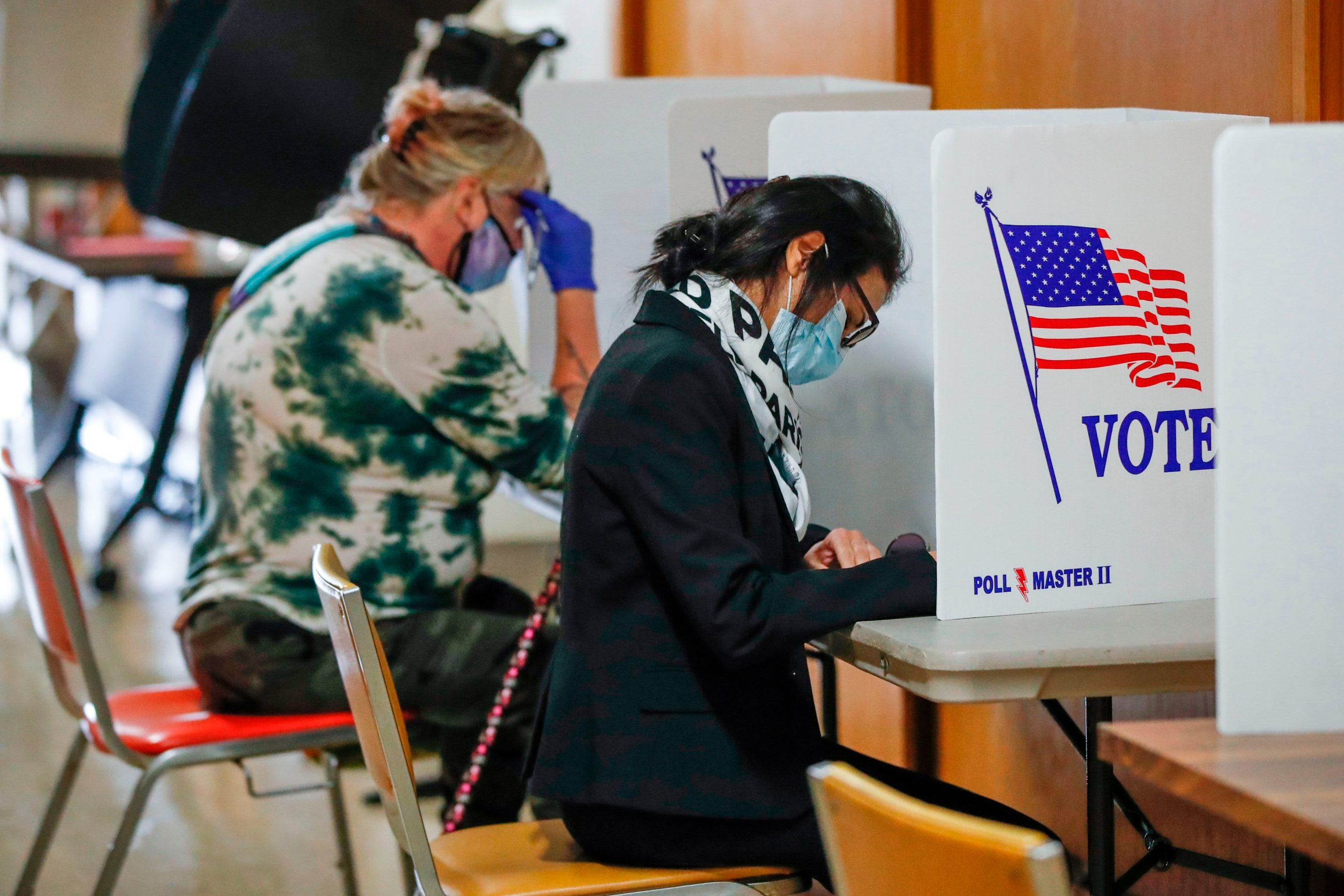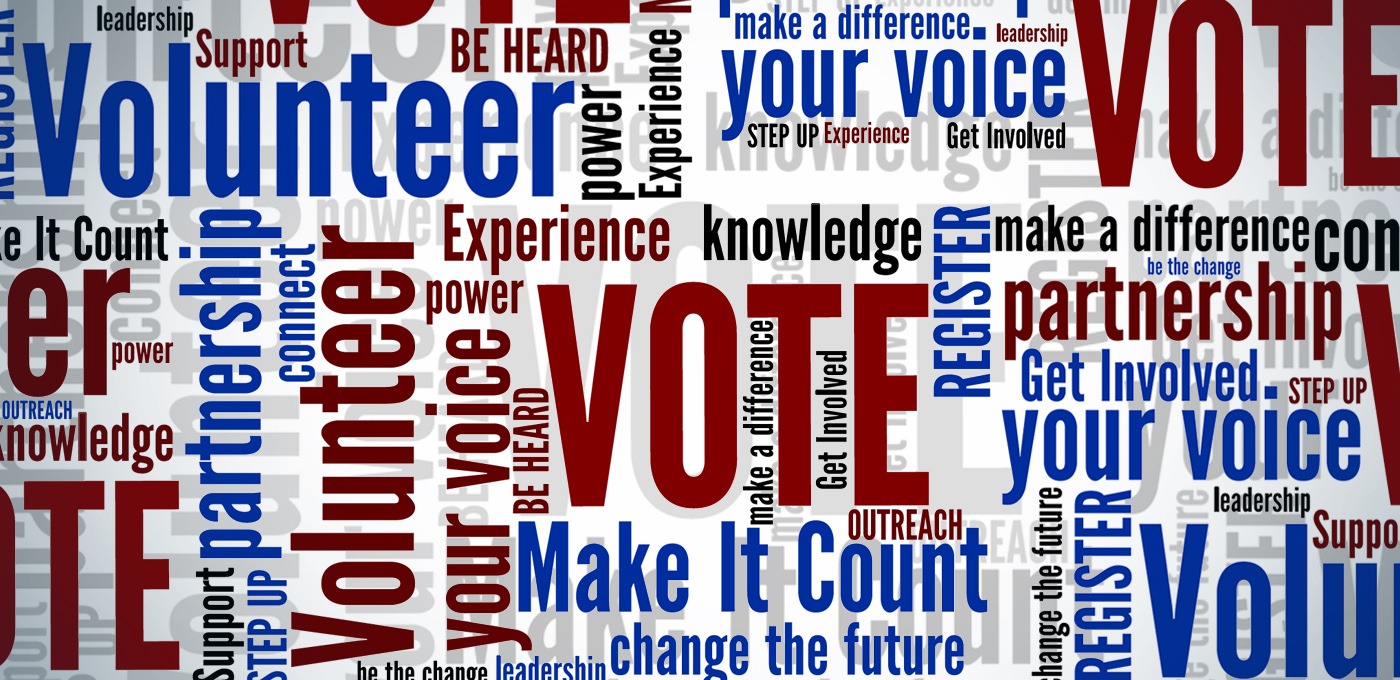While inflation hits consumers at the grocery store and gas pump, the inflation in professional sports stadium costs over recent years is equally alarming. As taxpayers foot the bill for these increasingly expensive deals, voters are becoming more discerning in evaluating the value of state and municipal subsidies for sports stadiums and arenas.
The rapid growth of stadium subsidies, exemplified by projects like the Buffalo Bills’ $1 billion stadium and others exceeding $2 billion in Nashville and $1 billion in Oklahoma City, has raised concerns among taxpayers. Even Utah approved substantial subsidies for stadiums without confirmed teams, hoping to attract interest from major sports leagues.

Voters (Credits: The Statesman)
Politicians often make these deals to appease sports fans but are facing scrutiny as the price tags skyrocket. Recent examples, like Washington, D.C.’s plan to renovate Capital One Arena for $515 million and Jackson County, Missouri’s rejection of a sales tax extension for Chiefs and Royals stadiums, highlight the importance of voter involvement.
While D.C. officials moved forward with arena renovations despite budget challenges, Jackson County voters rejected further stadium subsidies, showcasing the differing outcomes when voters have a say.
Kansas City’s history of rejecting stadium subsidy referendums underscores the importance of voter participation. While such votes aren’t always decisive, they provide a democratic mechanism for taxpayers to voice their concerns about billion-dollar deals.

Voters (Credits: CNN)
Unfortunately, in some places, elected officials obstruct efforts to involve voters in stadium deals, depriving them of a crucial say in how their tax dollars are spent. This lack of accountability can lead to taxpayer-funded projects that fail to deliver promised economic benefits.
Stadiums often serve as symbols of urban renewal but frequently fall short of revitalization goals, primarily benefiting developers rather than the broader community. Their economic impact is often overstated, with revenues merely redirected from other local businesses.
Given the questionable returns on investment and the impact on taxpayers, it’s imperative to empower voters to reject stadium deals and hold elected officials accountable for their decisions. This ensures that public funds are allocated responsibly and transparently, reflecting the priorities of the communities they serve.


























